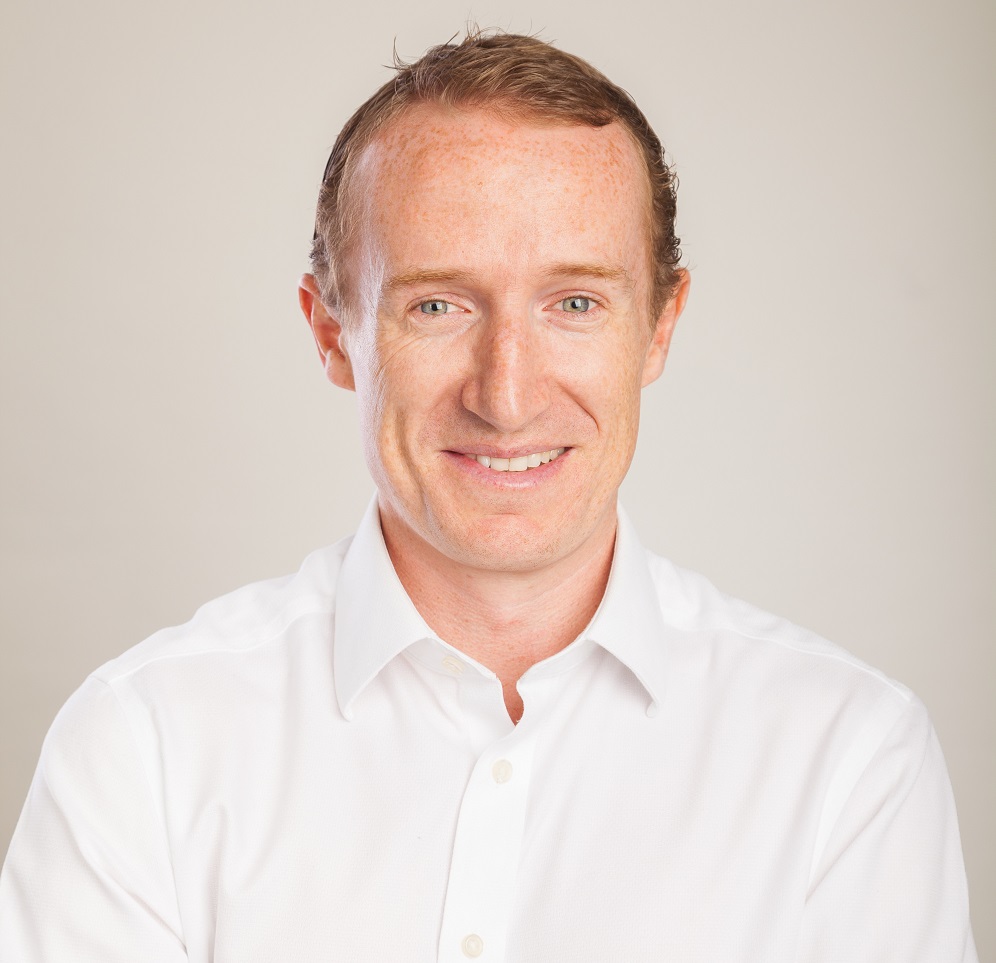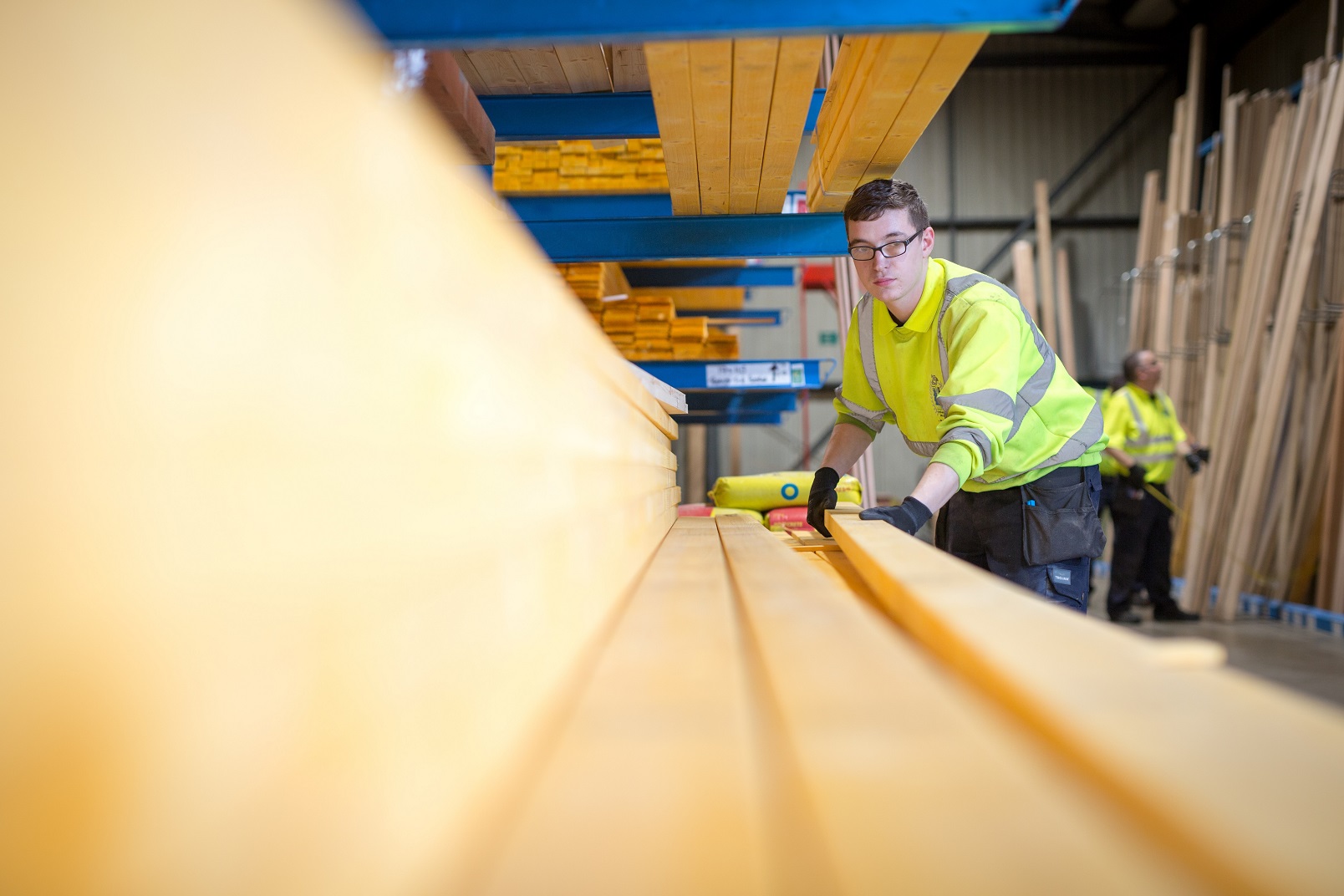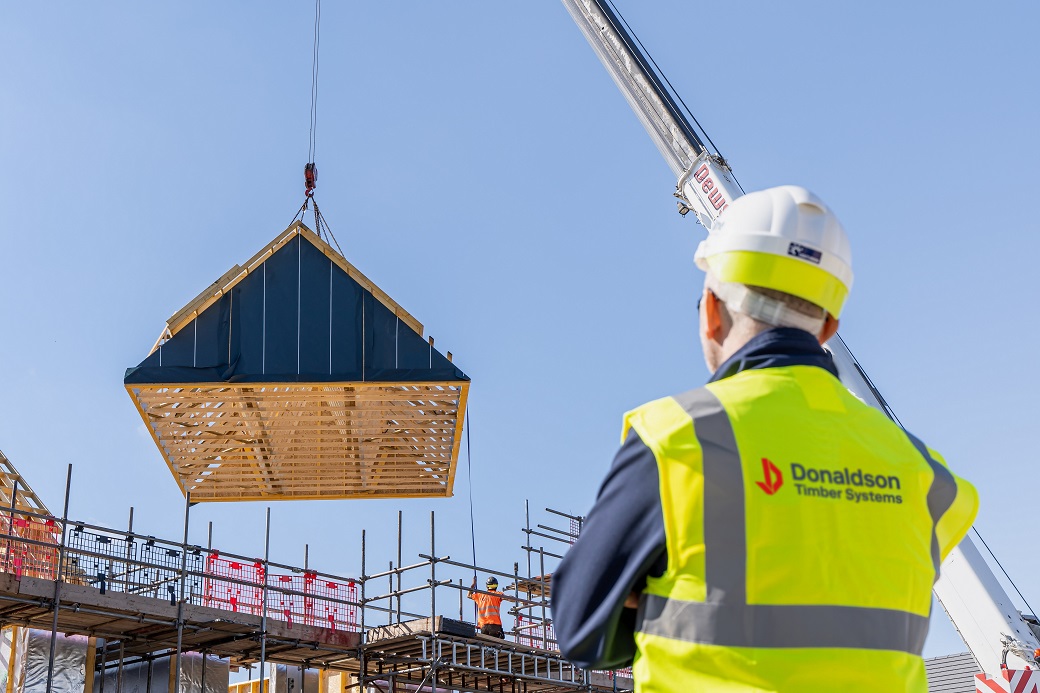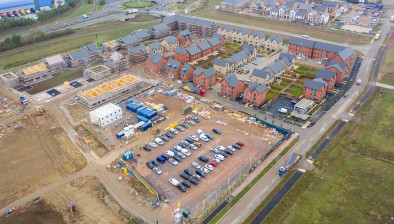Construction Leader: Andrew Donaldson on tradition and change at Donaldson Group

Andrew Donaldson
Andrew Donaldson talks to Margaret Taylor for the latest in SCN’s Construction Leader series about taking over the family business, his entrepreneurial side and fostering a collaborative culture at Donaldson Group.
When Andrew Donaldson took over as chief executive of James Donaldson & Sons in early 2020 he wanted to make his mark on the place. As the sixth generation of the Donaldson family to run the firm, he knew there was plenty of tradition that he had to uphold.
But, with his brother Mike replacing their father Neil as chairman at the same time, he also knew the world was a very different place to the one their great-great-great-grandfather had begun trading in.
“One of the first things Mike and I did was change the name,” Donaldson says. “It was James Donaldson and Sons and we changed it to James Donaldson Group. That might sound like a small thing, but Mike and I are of a different generation where the ‘and sons’ part sends shivers down your spine.
“The name change signalled a very subtle change in attitude towards gender diversity, in terms of our aspirations within our colleague pool but also in terms of the future generations of our family. We have a younger sister who is a midwife and didn’t want to join the business, but in generation seven there are eight children — four boys and four girls. There will be no pressure for them to join the business, but I want my daughter growing up knowing there’s a family business there that’s not just for the boys.”
Though the name change may be subtle, the other changes Donaldson has implemented since taking over have been far more wide-reaching. The focus of the original Donaldson business was importing timber from all over the world and Donaldson Timber still exists today and still does what it was set up to do.
Andrew, Neil, and Michael Donaldson
Around 20 years ago that focus was expanded with the launch of Donaldson Timber Engineering, which makes a range of joists, trusses and panels. But while the business was made up of three trading entities when Donaldson took over in March 2020, now there are 11, with the long-term plan being to expand that further still.
“We’ve grown the business through acquisition and starting new businesses ourselves,” Donaldson says. “That diversification has been a conscious strategic decision for us in the past few years, to grow the business and offer a broader range of services. Simply put, we now have the ability to design, manufacture, erect and complete a new-build house, all the way from manufacturing the timber frame, the floors, the walls and the roof, and we have companies that can do the internal fixed furniture like bathrooms, bedrooms and kitchens.”
Not all the expansion has been successful. Donaldson says he sees himself as an entrepreneur, which means he is unafraid to try new things and unafraid to admit when he has got it wrong.
“We probably had a fear of failure within the organisation and I wanted to get rid of that because if you don’t have a fear of failure and you feel empowered then that allows the business to grow and develop into areas it should be growing and developing into,” he says.
“The best way I thought about trying to remove the fear of failure was by potentially failing myself, to lead by example, so we started a couple of businesses. One was Buzz Home Office. During the pandemic we thought everyone would need a home office and that made fully fitted home office furniture. We thought it was great and a brilliant idea but it didn’t work and no longer exists. We also started digital business Plane and Simple. It’s an online marketplace and it’s gone from strength to strength.”

Leading by example has paid off, with other members of the business coming forward with their own ideas for innovation. One was pitched by summer intern Euan Gibson-Smith, who was asked to come up with an idea on his first day and came back with a plan for a kitchen configuration tool.
Having been given the space to develop that during his placement, he went back to complete his final year at the University of Glasgow before returning to Donaldson as an apprentice. Over the past year, he has set about building his idea into a commercial business that will see his kitchen-building tool incorporated into the package offered to people buying a home from Cala.
“We’re building that and Euan will run it,” Donaldson says. “It’s really important as a business that we’re innovative in so many ways, not just in how we build the business, which we should be doing, but also looking at how we can attract really world-class talent into our organisation. Only by being a great place to work do you attract talent.”
Encouraging employees — Donaldson prefers to call them colleagues — to step up and put their stamp on the firm is, he says, all part of the company’s culture and it is vital for him that that continues to be fostered.
“We’re incredibly proud of the family history of the business and it’s incredibly important that we keep our independence because it brings so many positives to us in terms of colleague loyalty,” he says.
“We have so many people that have worked for us for many, many, many decades; we have lots of families working in the group and we have one family where there are three generations in the business. Having that family culture is a huge part of who we are as an organisation. Customers see that as a differentiator as well. At the end of the day we are still a family business but it’s run in a non-hierarchical way and people are empowered to make decisions — they don’t have to meet bureaucracy.”

Currently, there are 1,700 people working in the firm, which is spread across 50 locations from Inverness to Exeter. Headcount has doubled in the past three years as a result of all the expansion and turnover for the 2022-23 financial year, which runs to the end of September, is expected to come in at around £440m. The plan for the next 18 to 24 months is to integrate what has been built so far, though Donaldson says he will embrace any opportunity that comes his way.
“We’re mindful of the fact that the market at the moment and the economy at large are pretty uncertain, to say the least,” he says. “If you look at the TV you still get the same news as a year ago in terms of inflation, interest rates, consumer confidence. All that weighs quite heavily on housebuilding and we’re back to 2008 levels of house sales. We’re mindful of the market. This calendar year and 2024 are very uncertain so we’re being a little bit careful and ensuring that we don’t take any unnecessary risk.
“That said, someone said to me ‘how did you manage through the pandemic, was it not absolute chaos?’ and reflecting back on it, it was, but I never knew any different as I had nothing to compare it to. As a result, our business has had to learn resilience and agility. We’ve built a level of resilience and agility that we didn’t have before. As I look forward to the next 18 months I know we can handle it.”
Donaldson’s cautious attitude to unnecessary risk is perhaps unsurprising — he is a chartered accountant by training, having joined KPMG straight from university. He stayed there for four and half years before joining the family business “on the premise that I’d do anything so long as it wasn’t related to finance”.
He started out as a sales rep, before working across different departments to get a rounded view of the firm. Mike had joined the business straight from university, but with the brothers taking the helm at the same time all the changes they have put in place have been made with a view to creating a legacy that will see the company continue to be passed from generation to generation.
“When I took over as chief executive I was 38 years old and it was our turn to be custodians of the business,” Donaldson says. “I think about the legacy we want to leave from our tenure. We want to pass the business on to the next generation in a stronger position than when we took it on. For me, that means remaining relevant to our customers and if we want to go toe to toe with the big corporate organisations in our industry that means growth and diversification.”
















